
How Can we Make Our Rivers Cleaner and Create Awareness
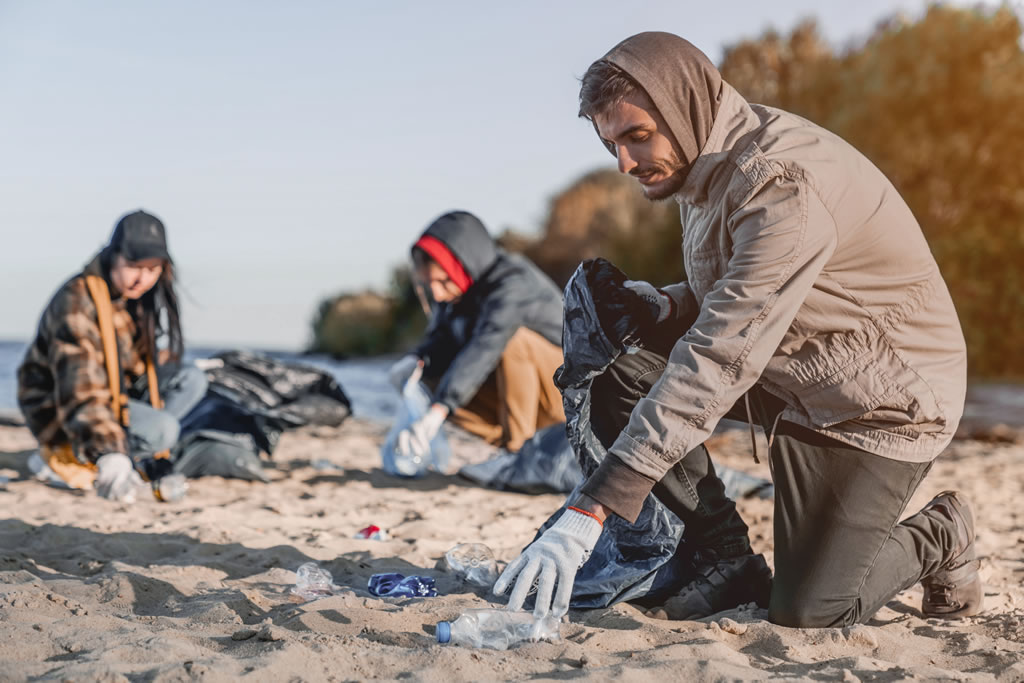
The River Nile, hit hard by pollution
It is well known that Herodotus, an ancient Greek historian who is regarded as the ''Father of History,” famously called Egypt ‘the gift of the Nile’. The ancient old country has historically depended on the Nile to build its magnificent civilization, and till today the Nile remains its main source of water supply.
However, the river Nile is being continuously contaminated with toxic chemicals, and agricultural waste, since arable and livestock farming can contaminate rivers when manure, topsoil, pesticides and fertilizers get washed off the land into streams, rivers and aquifers, in addition to radioactive waste and oil pollution. Approximately 4 BCM of agricultural and industrial waste containing acids, organic materials, pesticides, agricultural and heavy metals discharged into the main stream each year
Additionally, human activities can also be attributed to the pollution of the river, such as sewage remnants from floating hotels, and people bathing and cleaning their animals in the river. In addition to carelessly disposing of garbage in the river, where things like crisp packets, plastic bottles, and plastic bags often make their way into rivers.
According to a report published by Fanack Water in 2023, the influx of polluted water into the water systems in the delta region have led to increased concentrations of organic matter and chemical nutrients such as nitrogen and phosphorous. This created a severe impact on water quality, increased algae growth and reduced the amount of dissolved oxygen in the water, resulting in the extinction of aquatic life
Water contamination threatens Morocco’s rivers
Water pollution is also one of the major problems facing Morocco’s water sector. Due to its population growth and the increase in agricultural and industrial activities, Morocco’s water resources are subject to increasing and continuous pressure that affects their quality. Alarming levels of pollution are seen in several sections of watercourses, and several water streams have high concentrations of phosphorus, ammonia, and organic matter.
The Sebou river basin in northern Morocco runs roughly 308 miles in length, from the the Middle Atlas Mountains in the east to the the Atlantic ocean in the west. According to a report published by worldatlas.com, the Sebou river that constitutes 30% of Morocco’s water resources is heavily polluted by untreated industrial and municipal discharge, and agricultural waste. The river plays a critical role in irrigation and supports agriculture in the most fertile area of Morocco along the Gharb region.
Oum Er-Rbia the second longest river in Morocco covers a distance of 345 miles. It originates in the Middle Atlas and passes through the city of Khénifra, arriving at its mouth at the Atlantic Ocean at the port of Azemmour, located on its left bank. The two main rivers in Morroco, Sebou and Oum er-Rbia, experience critical levels of pollution several times a year.
So, what can we do to help?
There are several activities that can be done, such as organizing or joining river clean ups. Simply ask your friends and peers to join you in cleaning the river, wear a pair of gloves, prepare a number of large garbage bags, as well as a few nets to fish garbage out of the river. And don’t forget to spread the word, so others would replicate the effort in other parts of the river, and it becomes a regular activity throughout the year.
In addition, you can join forces with existing initiatives to clean rivers in your country, and learn from their experiences and resources. For example, VeryNile was the first initiative in Egypt to develop sustainable means to clean the Nile while raising awareness on the importance of protecting the environment .
In 2020, they have launched the project ‘Reviving Cairo Fishermen’ that socially and economically empowers local fishermen to clean the Nile on a daily basis. Every day, the fishermen take their boats and remove an average of 100kg of plastic waste from the Nile which amounts to almost 40 tons per year.
In exchange for cleaning the Nile, fishermen receive a financial incentive (per kg of trash collected), social insurance and social services which include access to educational and healthcare services, as well as environmental workshops and trainings..
It is also a good idea to approach local companies to sponsor river clean-up campaigns and turn them into permanent initiatives, which not only serves to cleanse rivers, but also preserves biodiversity and marine life in these rivers. Last but not least, you can also spread the word further by writing about it on your social media accounts, talking to your friends about it, taking pictures of clean-up campaigns to inspire others to join, and creating volunteer groups to join you in river clean-up campaigns.
Organizing awareness raising campaigns
Morocco has taken steps to improve water management; however this is a need to involve everyone with a role or interest in water management in the planning and decision‐making process. These can include the establishment of water user associations, education and training initiatives and awareness-raising campaigns aimed at the general public. It is also important to spread the word about the topic on social media through posts, articles, pictures, and podcasts.
In addition, more needs to be done to raise awareness among water users, polluters and civil society and youth networks about water pollution, waste water treatment and water conservation.
Recommended Articles
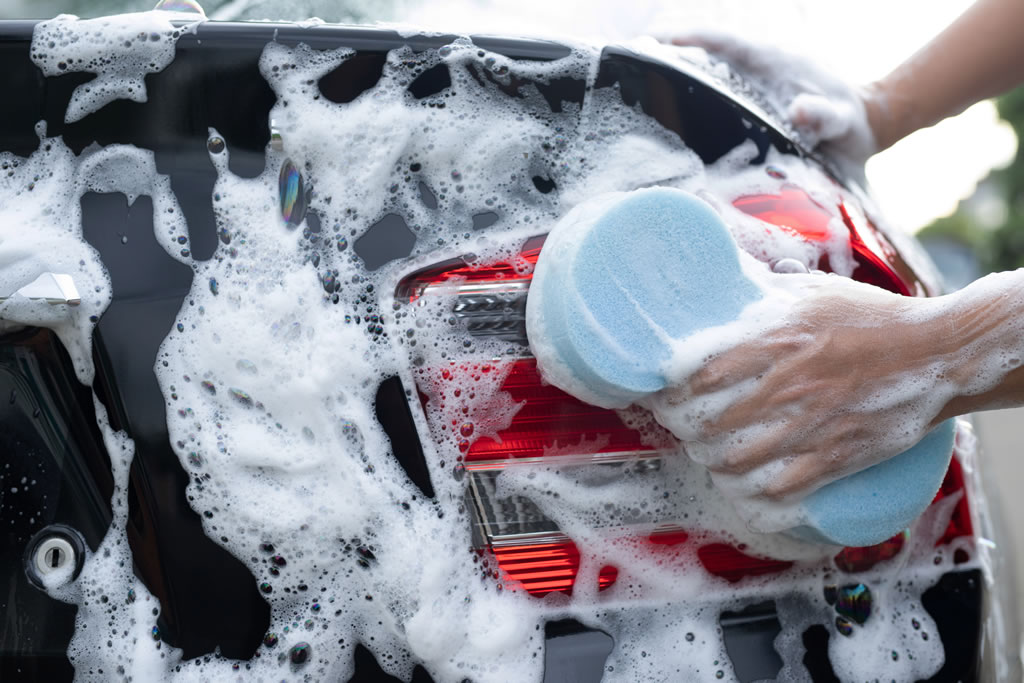
10 Easy Ways to Use Less Water in Your Daily Life
Water is a vital part of our lives, but climate change is here and is impacting our access to sufficient water supplies. And while our water resources are decreasing, we are also increasing in numbers.

How Can we Make Our Rivers Cleaner and Create Awareness
The River Nile, hit hard by pollution. It is well known that Herodotus, an ancient Greek historian who is regarded as the ''Father of History,” famously called Egypt ‘the gift of the Nile’. The ancient old country has historically depended on the Nile to build its magnificent civilization, and till today the Nile remains its main source of water supply.
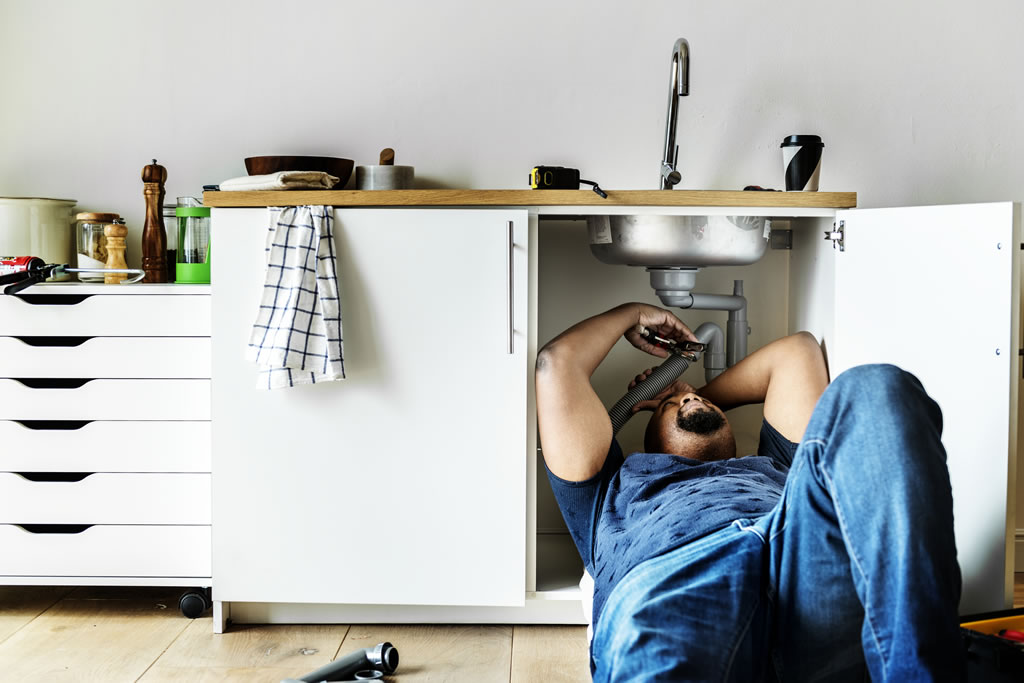
Saving Water in Your Home: Smart Water Conservation Systems You Can Use
While domestic water use only represents 8-10% of total global water consumption, every drop counts in countries facing severe water stress, such as Egypt and Morocco.
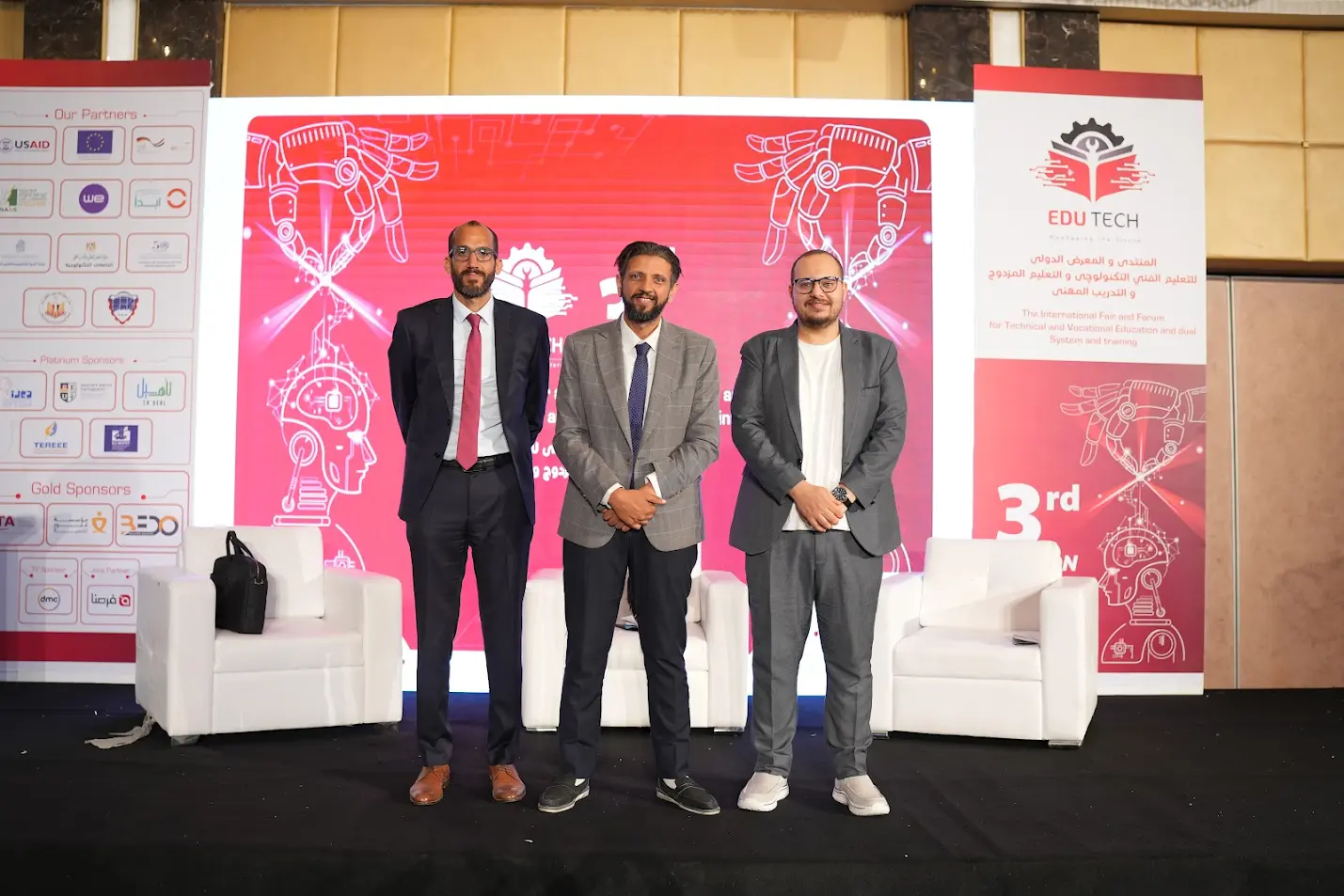
Panel Discussion held for Students on Climate Change And Water Scarcity at the EduTech Fair in Egypt
Over twenty technical school students attended a panel discussion organized by the European Union Climate Dialogue and the European Union on the 18th of April 2024 during the EduTech Fair in Cairo, Egypt.
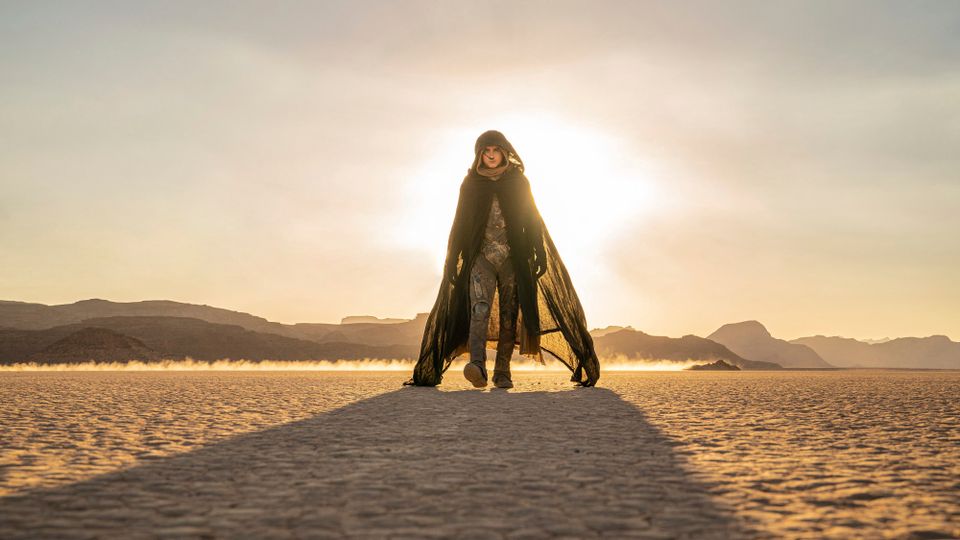
Dune 2: Lessons in Water Conservation and Conservative Principles
The recent release of Dune: Part Two brings Frank Herbert's universe to life, emphasizing the preciousness of water on Arrakis. The film further explores the journey of Paul Atreides and the ingenious water conservation techniques of the Fremen, such as stillsuits and water discipline, highlighting their relevance to our current environmental challenges.
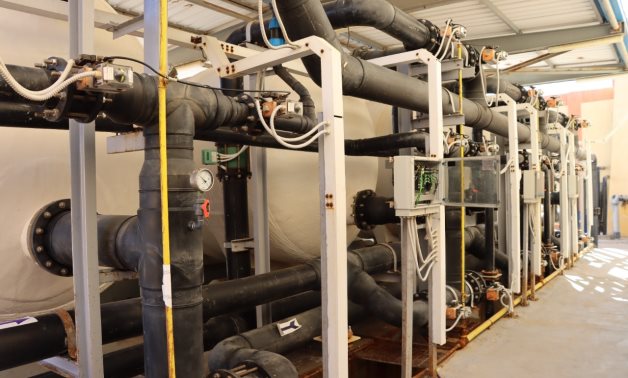
The Race for Clean Water: Impressive Desalination Innovations
The Sustainable Development Goals were adopted by the United Nations in 2015 as a universal call to action to ensure that by 2030, all people in the world enjoy peace and prosperity. The SDGs include 17 main goals that the UN seeks. Goal No. 6 stipulates "Ensure availability and sustainable management of water and sanitation for all." Although notable progress has been made, water stress and scarcity remain concerns in many parts of the world.